Afghan Refugees ‘Finding Freedom’ in Fairfield

Last year we told the stories of two NSF Fairfield students from Afghanistan, one year after they were forced to flee Kabul for the safety and security of Australia. Marina and Sadar were settling well into their new lives, assisted by the Adult Migrant English Program (AMEP) to improve their English, learn more skills and better integrate into their communities. Six months later, in Refugee Week, we catch up with Marina and Sadar to see how they are doing. And we meet two new Afghan students – Bibi Kobra and Roqia – who are on their own unique settlement journeys*.
Refugee Week runs from 18-24 June. This year’s theme is Finding Freedom.

MARINA, 38, from Kabul
Six months ago Marina shared her dreams of speaking fluent English, getting a job and – most exciting for her – driving a car. “I can’t wait to learn to drive,” she said in November. “Sometimes I dream that I have a car and I am driving. It is so exciting!”
Now that dream is one step closer to reality, with Marina recently passing the Driver Knowledge Test to get her learner driver licence, after taking English for Driving classes every Friday for a term at Fairfield.
“I passed first time!” Marina said proudly, with a beaming smile.
She said English for Driving had been challenging for her, but she wanted her licence so badly she studied hard. “I was crying every day, worried I would not pass, but I worked so hard and had good help at Navitas, so I found it easy.
“When I passed it was very excitement, we celebrate with party, coffee, chocolate. My first big dream in Australia is real and I can’t wait to start driving lessons soon.”
Marina said her English had also improved, and she had even enjoyed a period of paid work.
“I have improved my English. I now understand what people are saying. I am talking more to my classmates and also talking to people out of college,” Marina said.
Marina was assisted by Settlement Services International (SSI) to find a job, cleaning at a hotel. “It was only for a short time but it was good to have my first job in Australia. I really want to work in a beauty parlour or in the beauty section of a retail store. But my priority for now is to improve my English so I can communicate better.”
Marina says her long-term goal is to buy a “big and beautiful house” for her mother and siblings, and of course, her own car.
“If it is God’s will, I will be fluent in English, get a good job and buy a car and home. I am very happy and positive about this and I believe. I am a happy energetic person and I just want to make other people happy as well.”
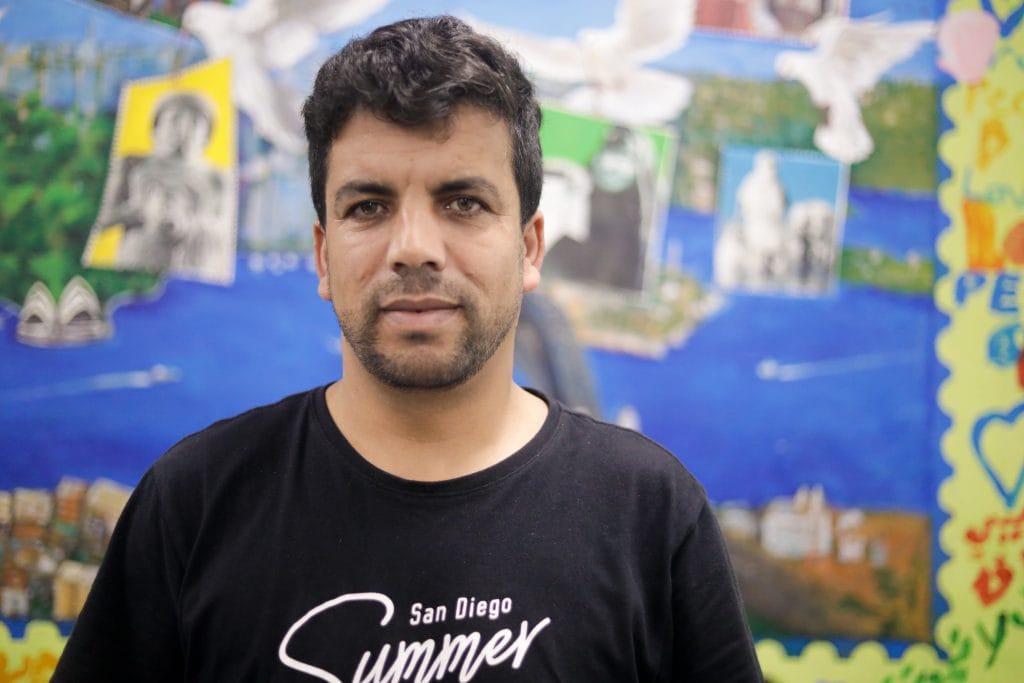
SADAR, 36, from Kabul
When we last spoke to Sadar he and his wife were preparing for the birth of their fourth daughter.
Sadar was also busy learning English, with plans to improve as quickly as possible so he could get his plumbing licence and return to the work he was doing in Afghanistan. Sadar had been working as a plumber at the Australian Embassy in Kabul at the time of the Taliban takeover.
But all his plans were put “on hold” three months ago, when his baby girl was born with some medical issues.
Since then he and his wife have spent most of that time in, or visiting, hospital, and caring for their other three girls, aged 8, 11 and 16.
“I have been going back and forth to hospital since our baby was born,” Sadar said. “Most of that time I have been busy with the baby, going to hospital, taking food for my wife and then baby, and looking after my other three children. Also my second daughter got sick with a virus and was also in hospital for a week.
“It has been a tough time but we are very grateful for the care my daughter has received. It is much better than our country. If my daughter was born in Afghanistan she would have passed away a long time ago. This is a good country, a good place, everything is better here. We are very grateful and my baby is getting better.”
Before his daughter’s birth, Sadar said he had been making good progress with his English, and while he had been unable to attend AMEP classes, he had continued to learn words and phrases, especially at the hospital, speaking to medical staff.
“I learned a lot of English talking to the doctors and nurses,” he said. “For difficult terms I ask for an interpreter and I have used Google Translate to help with conversations, but I believe my English has improved a lot. And as soon as things settle down I can resume classes. I usually understand what people are saying now, but I can’t always speak back.”
Sadar said he also got his driver licence not long after we last spoke, and had enjoyed exploring other parts of Sydney. With a goal to learn more about Australia, he had driven to Wollongong, and even Melbourne, to visit a friend: “The best thing about me in the past six months is becoming much more familiar with Sydney, the streets and suburbs.”
Sadar said despite the family’s recent struggles, his three older daughters had continued to settle into their Australian lives “really well”.
“They love going to school, they have lots of friends and are playing volleyball and other sports. Their English has improved so much.”
Sadar said he is so thankful to be living in a country where his girls have the same opportunities as boys, with his oldest daughter wanting to be a doctor, and the second oldest wanting to be a pilot.
“I am desperate to return to work as a plumber,” Sadar said. “I just want to work and it is what I am good at doing. I’m disappointed my language classes have been disrupted by our family issues but that is just how it had to be. I’m very keen to find a pathway to get my plumbers licence in Australia.”
Sadar said his long-term goal is to buy a house, and his dream is to operate his own plumbing business.
“Rent is very expensive, but I am a hard worker and I want to work hard to buy a house. I would like to start my own business and even help train others and employ other people, hopefully other refugees to give them an opportunity. For a long time I was a plumber and a trainer and I have so much experience from back home. One day I will have a workshop for some students and start my own business.
“For now, I have got to keep looking after my family and staying positive and planning for our future.”
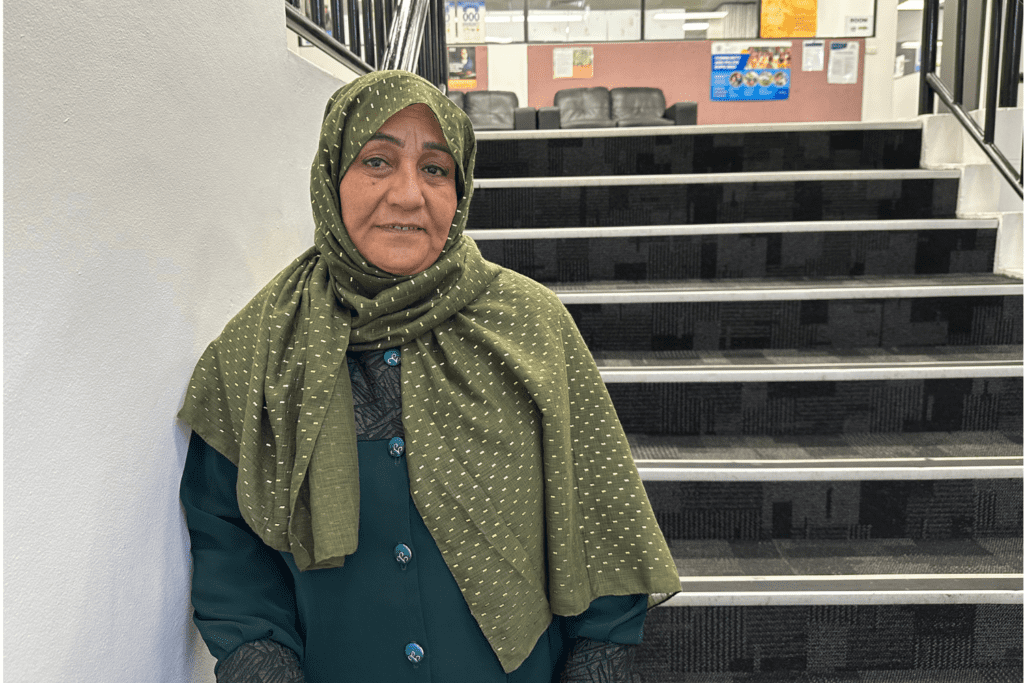
BIBI KOBRA, from Ghazni Province
Bibi Kobra arrived in Australia in October last year, with her four sons, aged 19, 22, 24, and 27. Her husband came to Australia for his safety as a refugee 13 years ago. Once he had Permanent Residency, he sponsored the family.
The family’s reunion in Australia was “the happiest day”, Bibi Kobra said, raising both hands to the sky and cheering.
“I was so happy. My young son was crying from happiness; he couldn’t believe after such a long time we would all be here together. When he heard the news he took off his shirt and swung it around his head in excitement,” she laughed, mimicking his actions.
Bibi Kobra said raising four sons alone in Afghanistan had been “very, very difficult” but if her husband had not left for Australia she would have lost him forever.
“Being in In Afghanistan the situation was bad; it was war, he migrated to Iran and from Iran he came to Australia,” she said.
“My sons love me a lot because I have done everything for them. It has been a long time by myself. I have done every single thing by myself. I had to take the children to school, shop, I had to cook, everything.
“But it was very difficult for my husband too. He just wanted us with him.”
Bibi Kobra said her husband, who worked as a tiler in Afghanistan, had found a good tiling job in Australia and bought a house in Villawood.
One of her sons now works with her husband. The two eldest both work in IT, which they studied in Afghanistan, and the youngest wants to become a police officer. They all speak excellent English and love being in Australia. Proud mother Bibi Kobra says they are all “very clever boys”.
“My sons are so happy that they think they have been born again, like a baby,” Bibi Kobra explains. “I was worried a lot about them with the Taliban. It was so scary in Afghanistan and I spent a lot of time worrying about this; what would happen to them.”
Bibi Kobra is attending AMEP classes at Fairfield and says she “loves it”.
“Do you remember I couldn’t even recognise the letters, or the numbers, I couldn’t write the alphabet?” she asks Bilingual Support Assistant Frozan Joyan.
“I started from zero and needed a lot of help learning the letters, numbers and words. It is taking time but I am getting there.
“The most difficult thing being in a new country was how can I find places, how can I go to the shops and do the shopping? I couldn’t even read the price. Learning numbers and words in English is so important. It is everything. Now I am able to go to the butcher, buy meat. I can read the price. It’s easy for me now.”
Bibi Kobra said there were a lot of Arabic people living around her but she loved coming to college at Navitas to meet people from other countries. “This experience is good for me, and good for my English too,” she said.
Bibi Kobra said she loved people, and also loved being around food and cooking.
“I love to talk, so first I want to learn how to speak good English. Once I learn English I want to find a job for me, as a kitchenhand in a restaurant. I can cook very good Biryani, rice and meat and the sauce. I am so good at cooking.”
Bibi Kobra said what made her most happy was cooking for her family.
“I love to sit with my husband and sons around the table at our house. It was a dream for so long and now we are together and so happy.
“I’m really happy from the Australian Government. It’s a good country, Australia. I’m settled here forever.”
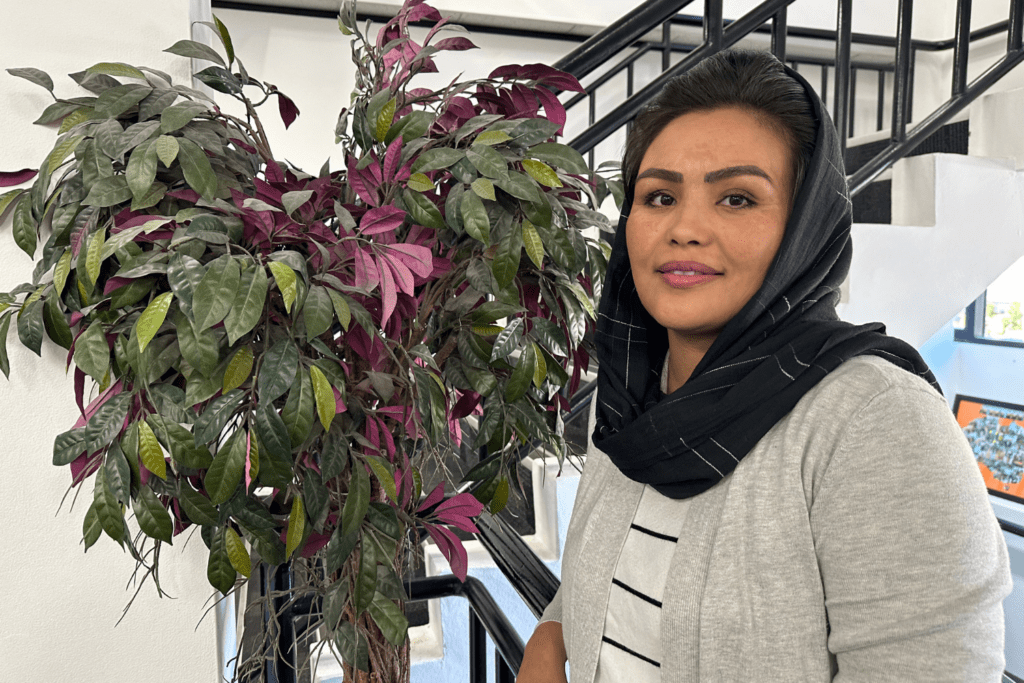
ROQIA, 28, from Bamyan
Roqia has been in Australia for almost two years but the young mum only just started AMEP classes at Navitas three months ago.
When she arrived with her husband in September 2021 she fell pregnant, which coincided with the pandemic lockdown, then, after she had the baby, she stayed home to care for him.
Now she attends AMEP classes at Fairfield two days a week and her son attends onsite childcare.
“I feel so happy and my English has improved. My son is happy too,” she said.
“Being at home with the baby on my own, not knowing English, has been hard. When my child was born it was a difficult time for me because no one was with me. My husband was at work (he works as a builder) and I didn’t know anyone.”
Roqia was a nurse in Afghanistan and would love to work in the same profession in Australia.
“I have a plan to study and to find a job. I want to work in Australia. I want to be a nurse again, because I was a nurse in Afghanistan, working in a hospital.”
Roqia said attending classes had made her happy because she felt she was now on a path to living a life of her choosing, and she had met a lot of people as well, including other mothers.
“I can’t express my feeling of happiness because it is about everything,” Roqia said. “First of all it is about safety, then there is the chance for me to be able to study English for free and find a job, everything is great for me here. When my husband and I left Afghanistan it was the Taliban there and it was a worse situation. I am so happy to be in Australia.”
Roqia said most of her family was in the United States but two of her sisters recently arrived in Australia, from India.
“I wish my whole family was together but I am so happy to now have my sisters and my own family, and to be making friends and starting a new life. Everything is perfect.”
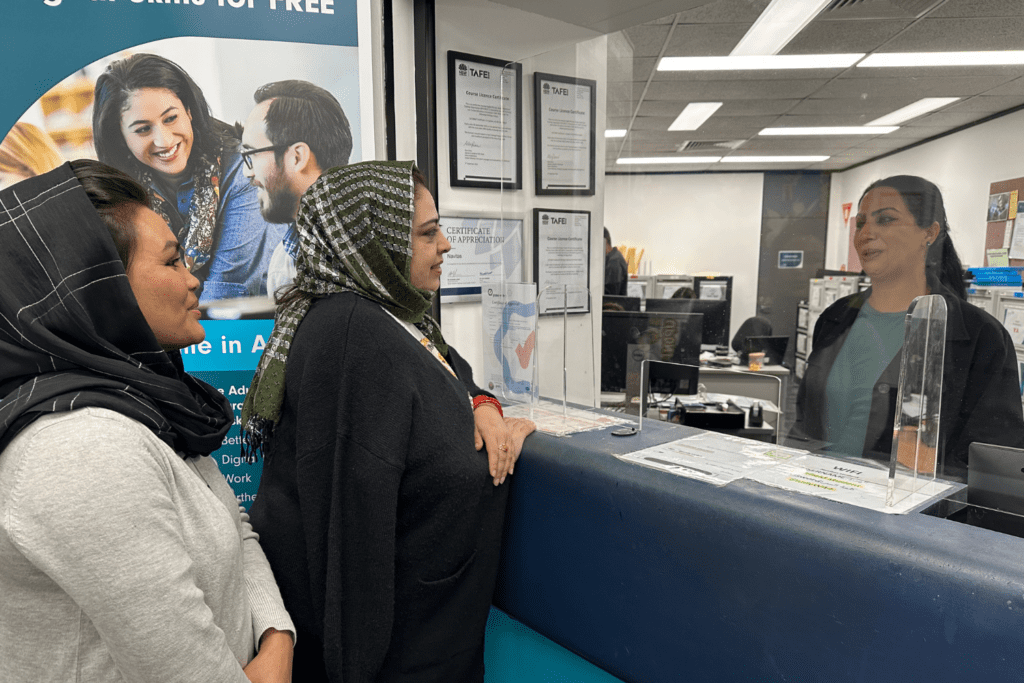
NSF Fairfield Academic Team Leader Chen Zhao said most of the Afghan evacuees who arrived suddenly in late 2021 as a result of the Taliban takeover had now settled well into the South West Sydney Community. And for the newer arrivals, the settlement process was much smoother.
“A lot of students who arrived 18 months ago have now progressed in the AMEP from absolute beginners to high beginners, and some have even gone to Level 1,” Chen said. “They’re now quite settled and they’re making progress in their English studies.
“Many have also started taking up some module classes in addition to general English, such as English for Driving and our Digital Skills course.”
Chen said while the students who arrived late last year or earlier this year are still in the early days of their English tuition, there had been less settlement issues with this group.
“It seems like the community is more prepared and services are more available,” Chen said. “A lot of the refugee services and Migrant Resource Centres now have Dari-speaking staff, whereas when the first group arrived 18 months ago, a lot of the agencies weren’t prepared. So for the newer groups, the settlement process is a lot smoother.”
Chen said the Afghan students, who now made up at least 15 per cent of the student cohort, were especially good at integrating into the college community.
“The Afghan students are all very proud of their country,” Chen said. “So whenever we have college or class events they are always bringing their culture to share with other students, whether it be food or traditional costumes, and that has really added to the dynamic of the college, and it really helps other students to learn about their culture, to respect each other, and work well together in the classroom.”
*Students spoke to NSF with the help of Navitas Skilled Futures Bilingual Support Assistant Frozan Joyan
